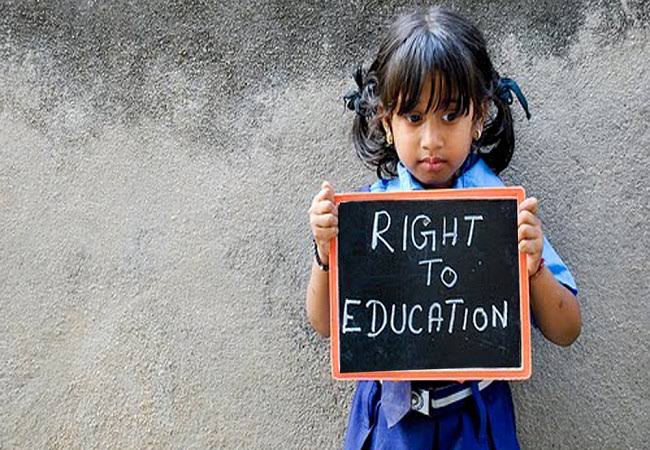Sonam Wangchuk: 'This is worse than house arrest' Ladakhi innovator Sonam Wangchuk has claimed that he was placed under house arrest at his institute. This charge was denied by…
Sonam Wangchuk: ‘Didn’t think I’d say this, but we were better-off with Jammu and Kashmir than today’s UT’
Completing 5-day climate fast under “house arrest”, real-life Phunsuk Wangdoo blames Ladakh's L-G for threats and for “pushing peaceful youth towards militancy”. Magsaysay Award winner Sonam Wangchuk, who on Monday…
Right to Education
The right to education is a universal entitlement to education. This is recognized in the International Covenant on Economic, Social and Cultural Rights as a human right that includes the right to free, compulsory primary education for all, an obligation to develop secondary education accessible to all, in particular by the progressive introduction of free secondary education, as well as an obligation to develop equitable access to higher education, ideally by the progressive introduction of free higher education.The right to education also includes a responsibility to provide basic education for individuals who have not completed primary education. In addition to these access to education provisions, the right to education encompasses the obligation to rule out discrimination at all levels of the educational system, to set minimum standards and to improve the quality of education.
RIGHT TO EDUCATION
Article 21-A and the RTE Act came into effect on 1 April 2010. The title of the RTE Act incorporates the words ‘free and compulsory’. ‘Free education’ means that no child, other than a child who has been admitted by his or her parents to a school which is not supported by the appropriate Government, shall be liable to pay any kind of fee or charges or expenses which may prevent him or her from pursuing and completing elementary education. ‘Compulsory education’ casts an obligation on the appropriate Government and local authorities to provide and ensure admission, attendance and completion of elementary education by all children in the 6-14 age group. With this, India has moved forward to a rights based framework that casts a legal obligation on the Central and State Governments to implement this fundamental child right as enshrined in the Article 21A of the Constitution, in accordance with the provisions of the RTE Act.



